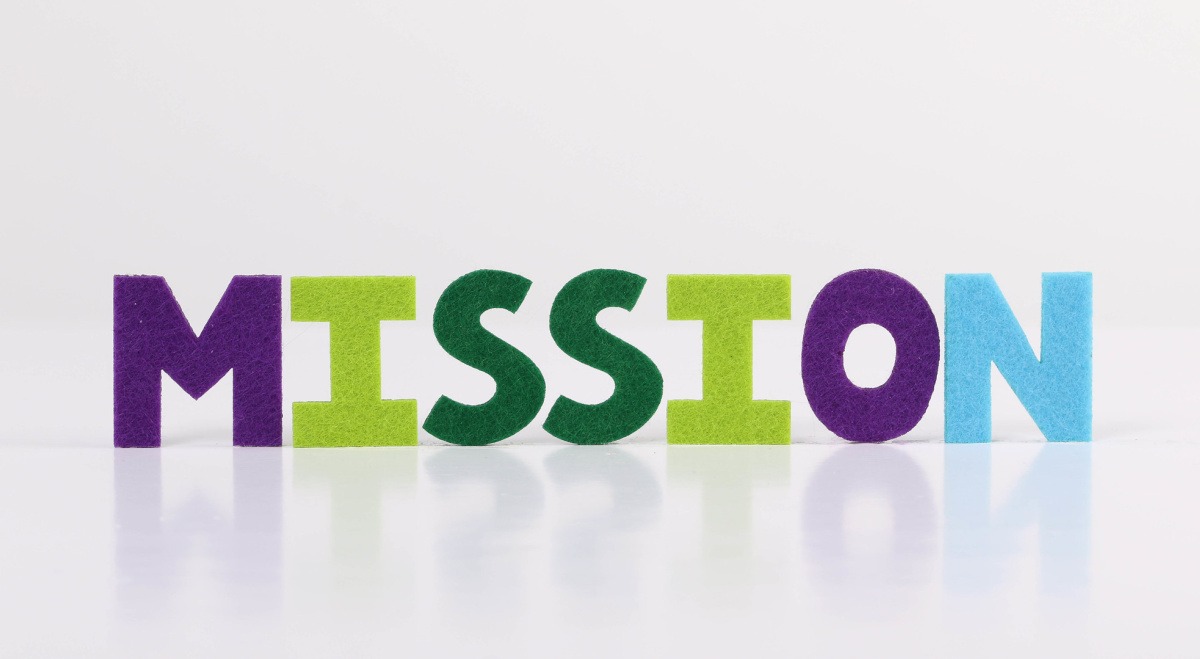Align with mission
In case you hadn’t yet read enough about the Gamestop drama, I wanted to focus on one aspect of the story: its lesson on the importance for companies to align everything with mission.
Last week, Robinhood had to temporarily limit trading of Gamestop and other stocks for technical and regulatory reasons. This angered Robinhood users and many others, including Congresspeople from both sides of the aisle. No matter how legitimate Robinhood’s reasons were for limiting trading—and it turns out they were actually legitimate—the decision forced the company’s own business model into the spotlight.
The Robinhood business model
To explain, Robinhood and other e-brokerages like Schwab, E-Trade, and TD Ameritrade can offer users zero-commission trading and still make money on those trades. That’s because they route orders through large market makers. These big financial institutions pay the e-brokerages for the opportunity to actually execute those orders.
Conflict of interest
However, it looked sketchy to Robinhood users and others when they saw that Citadel Securities, a giant hedge fund, bailed out the smaller hedge fund that was on the losing side of the Gamestop drama. Yes, one of Robinhood’s market makers (i.e. source of a huge amount of Robinhood’s revenue), is Citadel.
The angry mob assumed that Citadel influenced Robinhood to limit trading to stop the bleeding for the smaller hedge fund that was on the losing side of the Gamestop trade. In reality, Robinhood needed to limit trading for technical and regulatory reasons, period.
Who knows what conversations happened behind closed doors? Citadel could have (and most likely) had zero influence on that decision, but it didn’t matter. Many folks’ perceptions of the Robinhood brand were negatively impacted by an apparent conflict of interest that lived at the foundation of Robinhood’s business model.
Aligning mission and business model
Most brokerages would have the same apparent conflict of interest, but Robinhood was singled out for two reasons:
- Most of the Gamestop frenzy was driven by a Reddit community with members who most commonly used Robinhood to trade stocks and options.
- Robinhood’s stated mission is to “democratize finance for all.” In fact, even its company’s name and logo suggest that it would take the side of the people over a hedge fund.
I write a lot about the need for all parts of a brand or employer brand to be aligned with the mission, because any misalignment will make it harder to achieve that mission. “Everything” includes a company’s brand promises and cultural norms, but also one of the most foundational aspects of the company: its business model.
Again, any misalignments will make it harder for the company to achieve its mission. When that misalignment happens at the business model level, it’s going to be really difficult for the company to achieve its mission. Ultimately, it’s going to be tough to convince people (top talent, customers, etc.) that the company is sincere in its mission.
The impact of misaligned mission and business model on brand and employer brand
It will be interesting to see how this crisis impacts Robinhood in the long-term. After the temporary limit on trading, Robinhood received a huge number of 1-star reviews in the Apple app store. Then again, I heard another report that downloads are way up, from people who wanted to get in on the trading excitement but missed the uproar about Robinhood’s conflict of interest.
On the employer brand side, I can’t imagine that Robinhood employees are feeling great about this crisis. Here’s one data point (some bad language is redacted):
It’s from an anonymous account, so it’s impossible to know if this is legitimate. It doesn’t really matter at this point, because—real or not—it’s another touchpoint for some people and how they perceive Robinhood’s employer brand.
Going forward
I don’t trade individual stocks (I’m a boring investor that sticks to index funds), so I don’t use Robinhood as a brokerage. But, I do subscribe to its free weekly newsletter Robinhood Snacks (I highly recommend subscribing to it—it’s an excellent, accessible, entertaining way to keep up with financial news).
I like Robinhood, mostly because of Snacks. So, I’m giving them the benefit of the doubt. For now, I’m believing the decisions last week were not influenced at all by the conflict of interest in their business model. And, I’ll be interested to see how they come out of this crisis. Public, another e-brokerage app, adjusted their business model in response to the situation. We will see whether they can create a sustainable brokerage business that relies on tipping ….
Communicating mission and values
Get our guide to showing how your mission is lived through the employee experience at your company.
Image by Marco Verch via Flickr Creative Commons.

